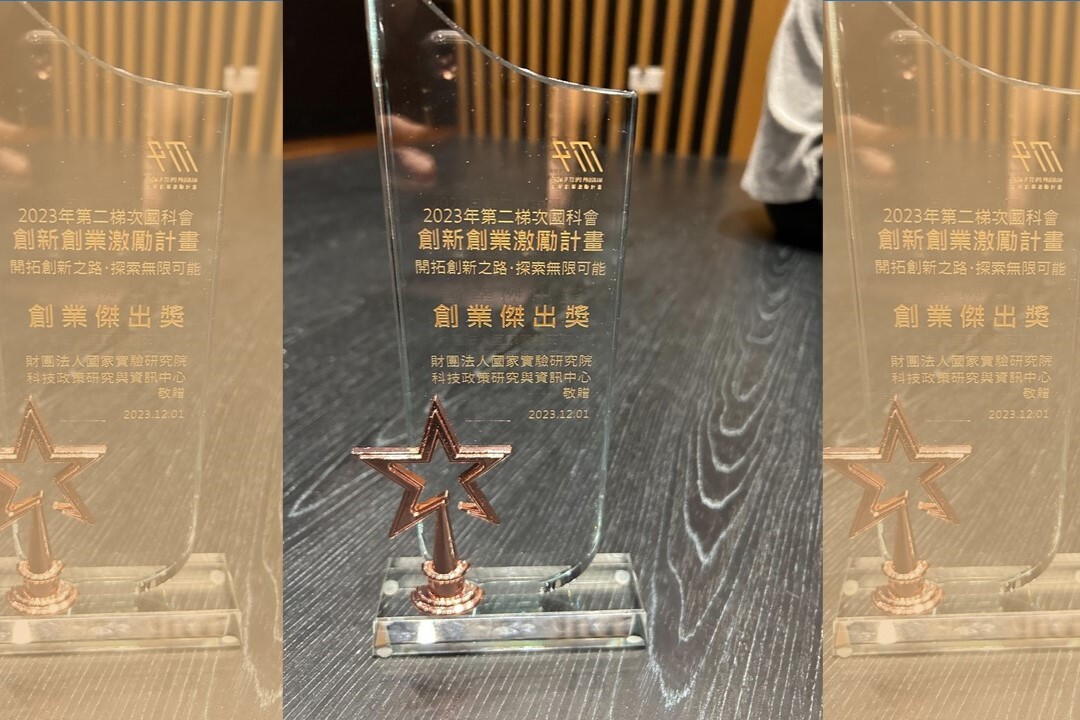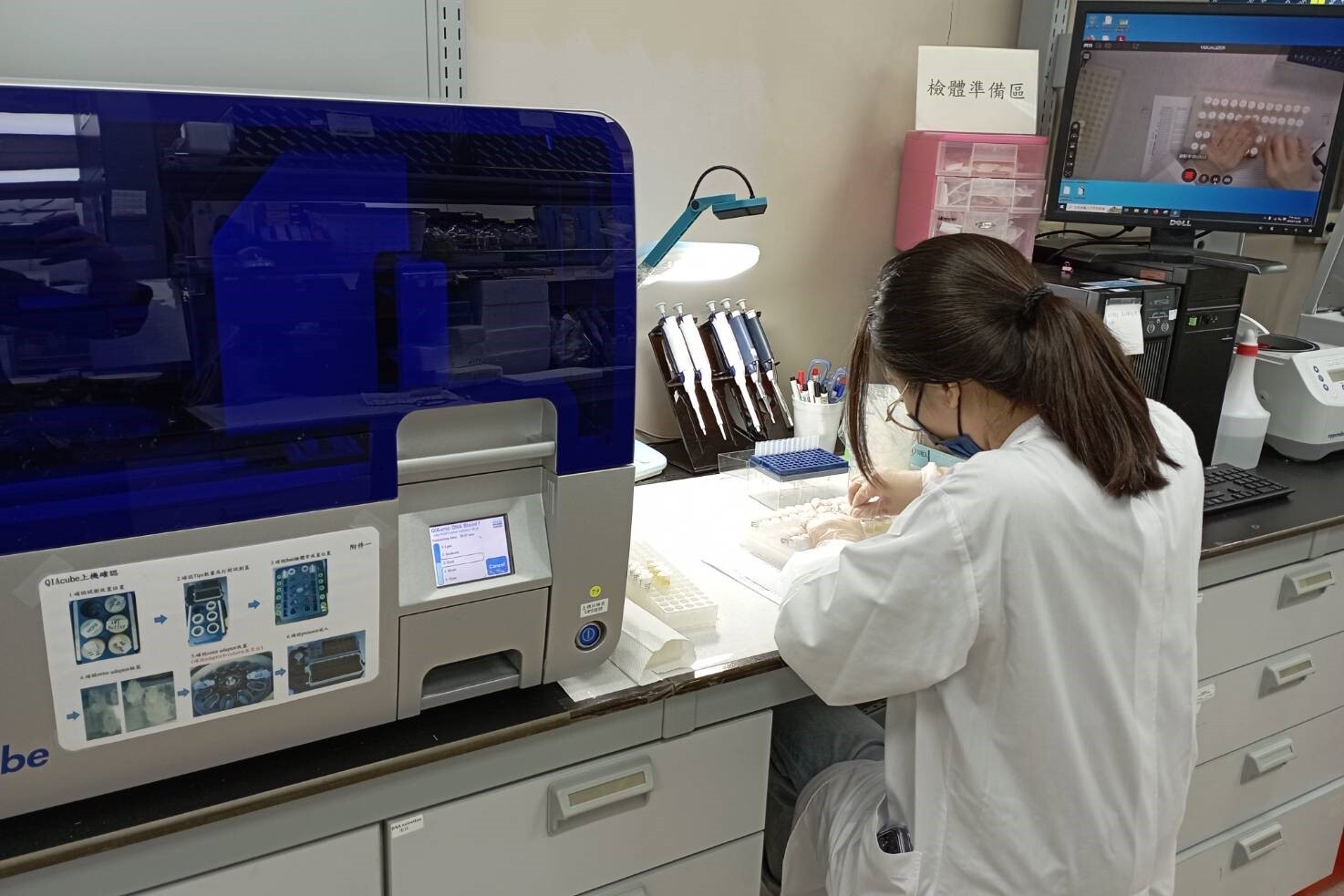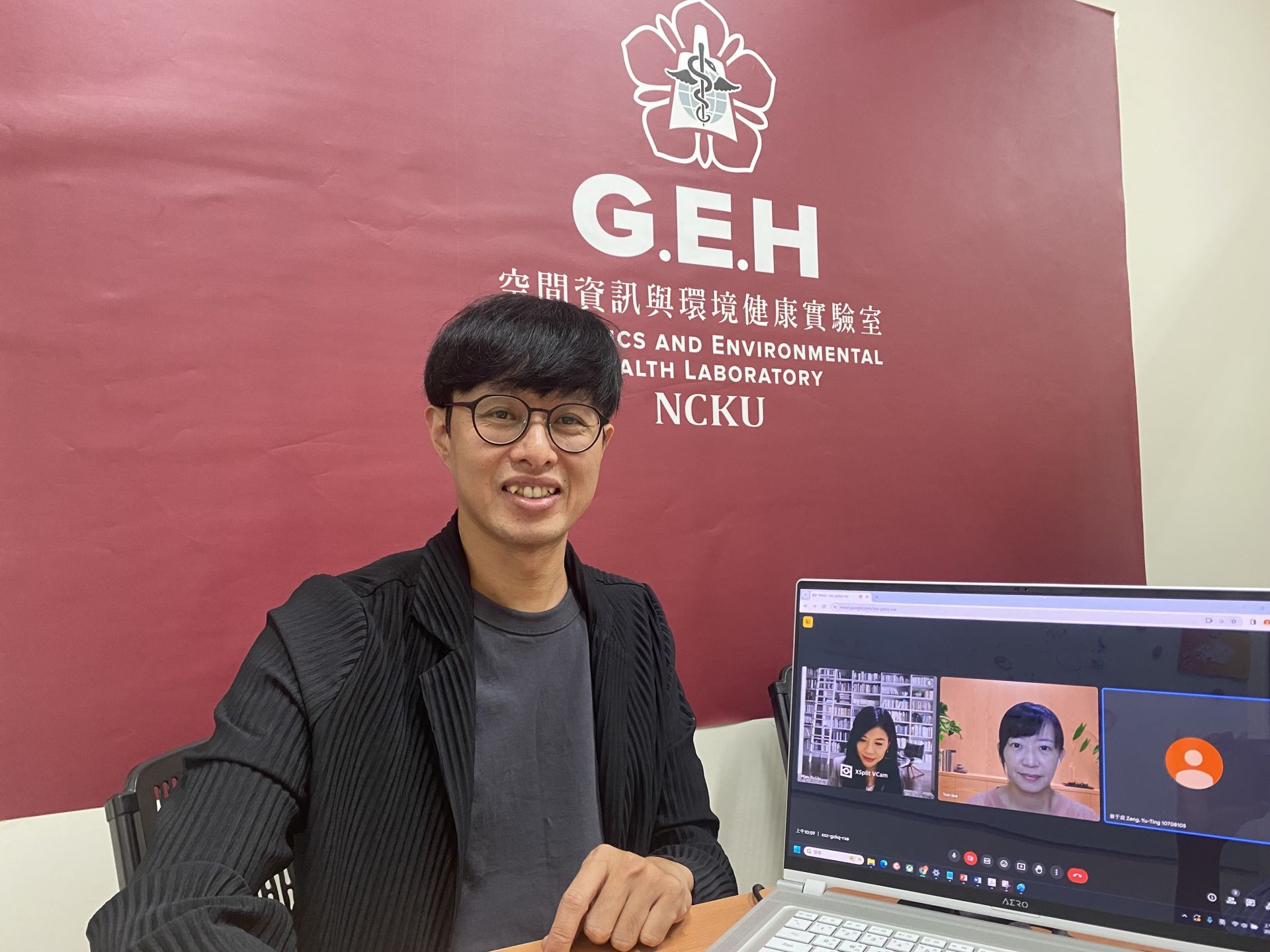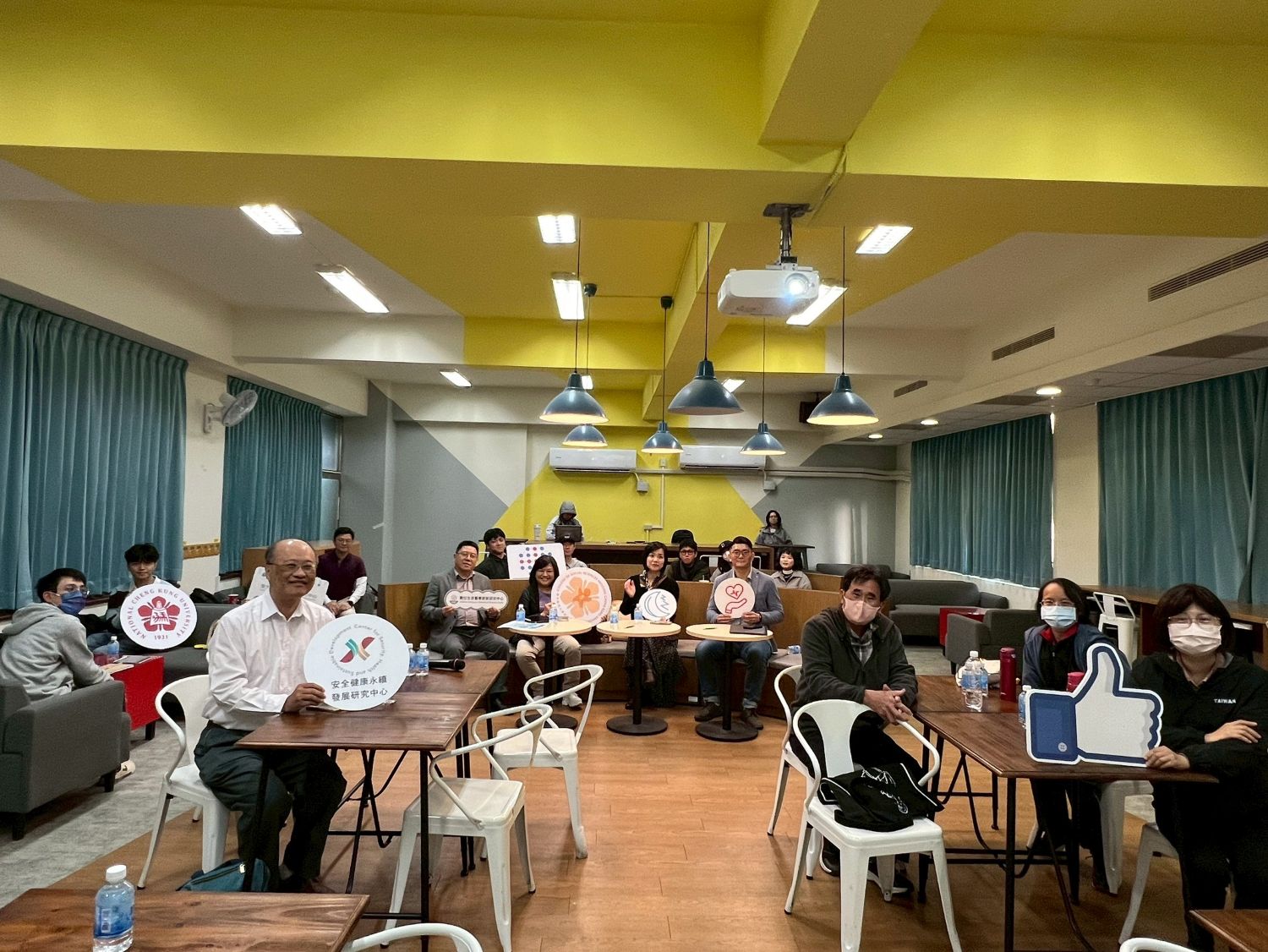SDG3
icONE project from NCKU helping infertile couples receives the National Science and Technology Council's award
Intelligent cOmputing Noble Embryo, icONE, a project from NCKU, helps infertile couples fulfill their dream of parenthood and receives the National Science and Technology Council "Outstanding Entrepreneurship Award."
The Center for Genomic Medicine at National Cheng Kung University's "Intelligent cOmputing Noble Embryo, icONE" is the first in the country to utilize artificial intelligence, integrating big data on embryo genetics and maternal physiological parameters into a computational platform. It predicts the success rate of in vitro fertilization embryos implantation up to 92%. To date, the clinical application of embryos predicted by this system has resulted in a 77% success rate in achieving pregnancy with a single implantation. These outstanding achievements earned the project the highest honor, the "Outstanding Entrepreneurship Award," in the National Science and Technology Council's 2023 second phase of the "FITI (Fostering Industrial Transformation and Innovation) New Entrepreneur Incentive Program." The project was also awarded a 1 million NTD entrepreneurship incentive grant, marking the first step on the journey of academic research entrepreneurship.
In recent times, delayed marriages among modern individuals have led to a decline in fertility, prompting many couples to seek assistance through in vitro fertilization (IVF) technology. Ministry of Health and Welfare’s Health Promotion Administration implemented the "Infertility Treatment Subsidy Program" in 2021 to alleviate the financial burden on infertile couples undergoing IVF. Despite providing subsidies to over 40,000 couples annually, the birth rate of newborns from IVF procedures is only about one-tenth.
The "intelligent cOmputing Noble Embryo, icONE" is led by Professor H.Sunny Sun, the director of the Center for Genomic Medicine National Cheng Kung University and a professor at the Institute of Molecular Medicine, College of Medicine, NCKU. The team includes Dr. Yen-An Tang, Dr. JUN-WEI JIAN, Dr. Hsien-An Pan, and others, possessing a strong academic and research background, with the research goal of addressing clinical challenges.
The team deeply understands that the IVF process is a significant challenge for many couples, with women enduring the physical pain of injections and an average duration of two years before achieving success, causing significant psychological stress. Despite the availability of embryo testing technologies in the market, the success rate is only 37%.
In IVF, embryos developed through in vitro fertilization are implanted into the mother's uterus. The team pondered whether identifying the embryo with the highest success rate could more effectively assist infertile couples in realizing their dream of becoming parents and contribute to addressing declining birth rates. Dr. Yen-An Tang stated that after five years of research, the team finally developed the "Intelligent High-Quality Embryo Prediction System" using artificial intelligence to integrate multi-factor and genomic big data.
Professor H. Sunny Sun, the director of the Genomic Medicine Center at NCKU, mentioned that the system has been successfully applied in collaboration with hospitals. Through the "Intelligent High-Quality Embryo Prediction System," doctors can more accurately select high-quality embryos for implantation. So far, 77.3% of women have successfully become pregnant with a single implantation, providing significant assistance to the success of IVF treatments.
The Center for Genomic Medicine at National Cheng Kung University's "Intelligent cOmputing Noble Embryo, icONE" is the first in the country to utilize artificial intelligence, integrating big data on embryo genetics and maternal physiological parameters into a computational platform. It predicts the success rate of in vitro fertilization embryos implantation up to 92%. To date, the clinical application of embryos predicted by this system has resulted in a 77% success rate in achieving pregnancy with a single implantation. These outstanding achievements earned the project the highest honor, the "Outstanding Entrepreneurship Award," in the National Science and Technology Council's 2023 second phase of the "FITI (Fostering Industrial Transformation and Innovation) New Entrepreneur Incentive Program." The project was also awarded a 1 million NTD entrepreneurship incentive grant, marking the first step on the journey of academic research entrepreneurship.
In recent times, delayed marriages among modern individuals have led to a decline in fertility, prompting many couples to seek assistance through in vitro fertilization (IVF) technology. Ministry of Health and Welfare’s Health Promotion Administration implemented the "Infertility Treatment Subsidy Program" in 2021 to alleviate the financial burden on infertile couples undergoing IVF. Despite providing subsidies to over 40,000 couples annually, the birth rate of newborns from IVF procedures is only about one-tenth.
The "intelligent cOmputing Noble Embryo, icONE" is led by Professor H.Sunny Sun, the director of the Center for Genomic Medicine National Cheng Kung University and a professor at the Institute of Molecular Medicine, College of Medicine, NCKU. The team includes Dr. Yen-An Tang, Dr. JUN-WEI JIAN, Dr. Hsien-An Pan, and others, possessing a strong academic and research background, with the research goal of addressing clinical challenges.
The team deeply understands that the IVF process is a significant challenge for many couples, with women enduring the physical pain of injections and an average duration of two years before achieving success, causing significant psychological stress. Despite the availability of embryo testing technologies in the market, the success rate is only 37%.
In IVF, embryos developed through in vitro fertilization are implanted into the mother's uterus. The team pondered whether identifying the embryo with the highest success rate could more effectively assist infertile couples in realizing their dream of becoming parents and contribute to addressing declining birth rates. Dr. Yen-An Tang stated that after five years of research, the team finally developed the "Intelligent High-Quality Embryo Prediction System" using artificial intelligence to integrate multi-factor and genomic big data.
Professor H. Sunny Sun, the director of the Genomic Medicine Center at NCKU, mentioned that the system has been successfully applied in collaboration with hospitals. Through the "Intelligent High-Quality Embryo Prediction System," doctors can more accurately select high-quality embryos for implantation. So far, 77.3% of women have successfully become pregnant with a single implantation, providing significant assistance to the success of IVF treatments.

Team of NCKU Wins "Outstanding Entrepreneurship Award"

The team is so thrilled to secure the award that their joy is beyond words.

"Intelligent cOmputing Noble Embryo, icONE" Bears Fruit After a 5-Year Journey






















